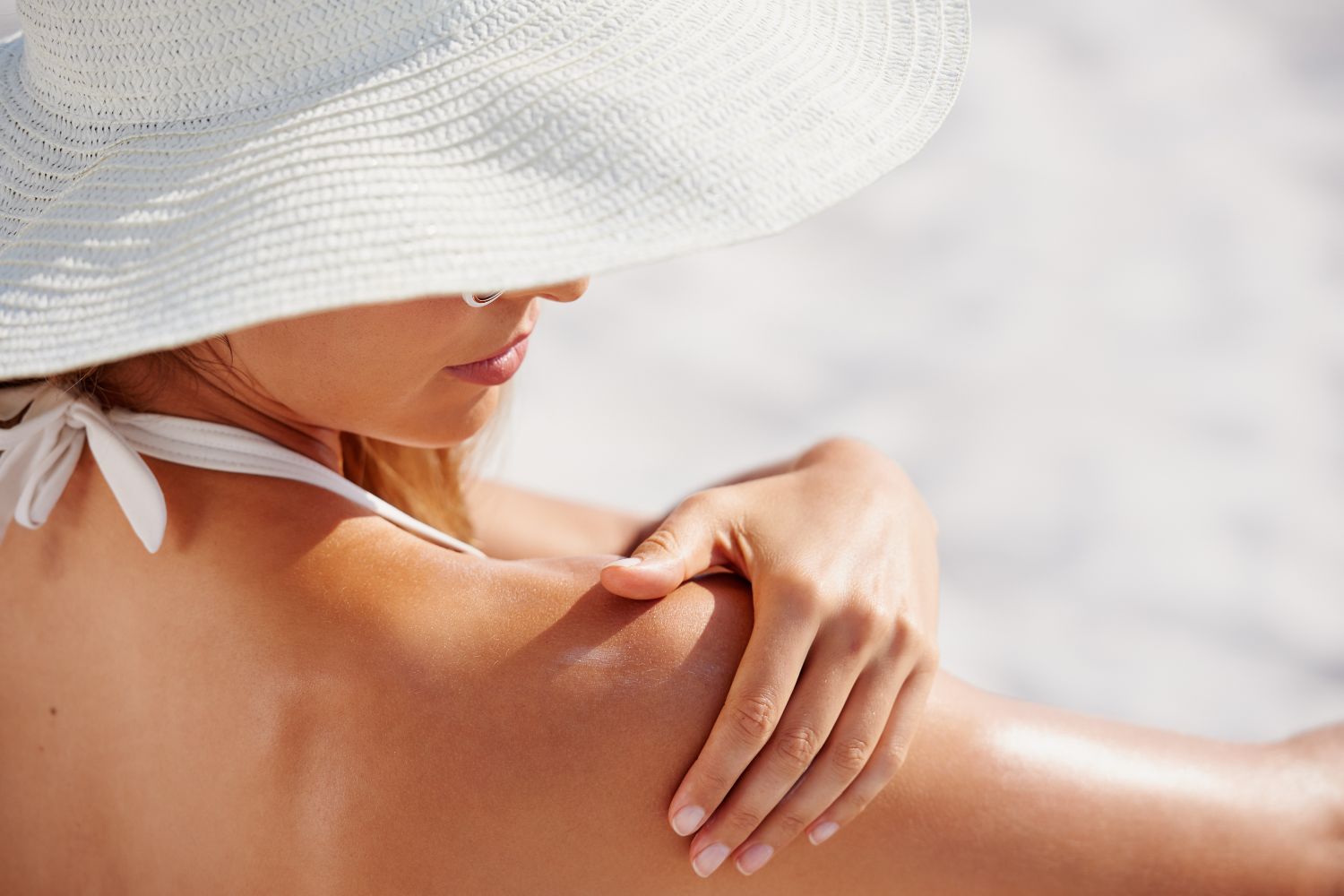
Natural antioxidants and their health benefits
Think about holidays, the sea, the sun... Behind the pleasant sensations evoked by these images lie potential threats, particularly for the skin.
It is widely known that exposure to the sun’s UV rays increases the production of free radicals, unstable and highly reactive molecules that, if not adequately counteracted, can damage the skin at the cellular level. The consequences can be the loss of tissue tone and elasticity, as well as the formation of early wrinkles and dyschromia (photoaging).
Protecting the skin and beyond: the role of antioxidants
Protecting the skin during sun exposure should be the rule. The choice of protection depends on many factors, such as sun intensity (which in turn is related to exposure time, time of the day, and geographical area), skin type, and frequency of application. The FDA recommends using at least SPF 15 protection, although SPF 30 to 50 is recommended for fair skin.
Applying sunscreen is not enough: the action of free radicals does not only affect the skin but the entire organism. Neutralizing them and naturally preventing their damage is the work of antioxidants, substances capable of counteracting and slowing down the formation of oxygen radicals. Chemically, antioxidants are a kind of “free radical traps”: being by definition easily oxidized, they stimulate radicals to interact with them before they can affect other molecules in the body.
Antioxidants in fruit and vegetables: where to find them
Getting a good dose of antioxidants is one of the most effective preventive measures against the excess of free radicals. Antioxidants enter the body through food, hence the importance of a healthy, balanced diet. Not all foods contain the same amount of antioxidants: the highest concentration is found in fruit and vegetables.
- Carotenoids (in the body, carotene is converted into vitamin A): yellow/orange fruit and vegetables and green leafy vegetables
- Vitamin C: citrus fruits, currants, kiwi, peppers, tomatoes, spinaches, cabbage, and asparagus
- Tocopherols (vitamin E): peanut and sunflower seeds, maize and soya, dried fruits
- Manganese: tea, ginger, saffron, cloves, cardamom, cinnamon, wheat germ, pepper, plants, and aromatic herbs
- Lycopene: tomatoes
According to the ORAC test, which measures the capacity to inhibit free radicals, the foods with the highest antioxidant content include grape juice, blueberries, green cabbage, spinach, beetroot, blackberries, plums, orange juice, strawberries, and grapefruit.
However, cooking and food storage require attention. Indeed, foods stored for a long time or overcooked tend to lose their vitamin C and lycopene content compared to fresh products.
Botanical extracts with antioxidant properties
We have seen that a varied and balanced diet is naturally rich in antioxidants. However, in the case of nutritional deficiencies or dysmetabolic or gastrointestinal disorders, it is possible to use herbal supplements with antioxidant properties. We particularly recommend the following extracts:
- Bilberry. As well as an antioxidant, it is also helpful for microcirculation functions, and for improving vision and regularity of intestinal transit.
- Lemon balm. Among its other properties, it promotes digestive function, regular gastrointestinal motility, relaxation, and mental well-being.
- THYMOX. Our thyme extract has antioxidant activity, but also promotes the fluidity of bronchial secretions, digestive function, regular gastrointestinal motility, and the well-being of the nose and throat.
- Dog rose. Known for its supportive and tonic action, as well as for facilitating regularity of intestinal transit and, for external use, as an astringent, skin conditioner, and tonic.
Discover all EPO-certified extracts in the dedicated section.
Adequate skin protection, a diet rich in fruit and vegetables, and the intake of effective supplements, when necessary, ensure an ideal defense against the action of free radicals. To enjoy the holidays, the sea, and the sun without worries.